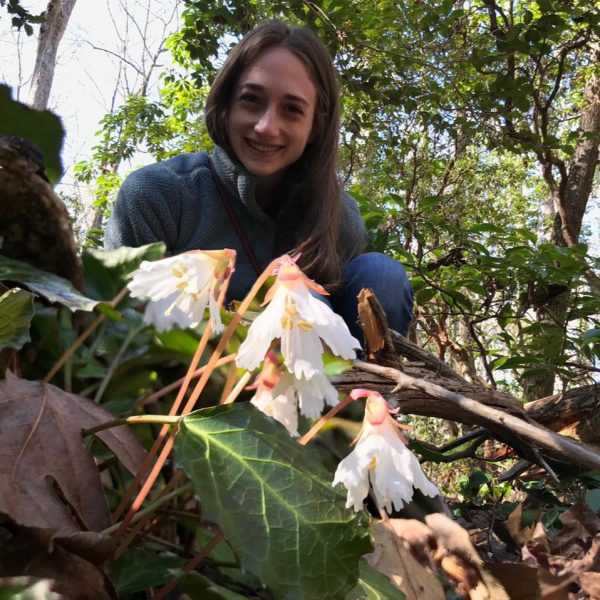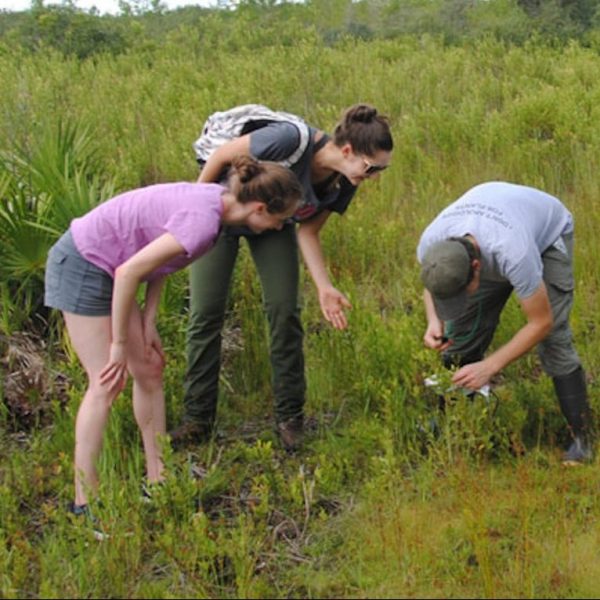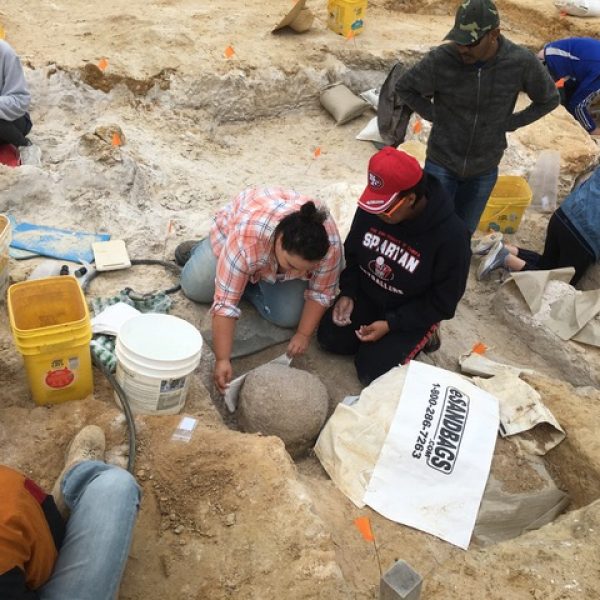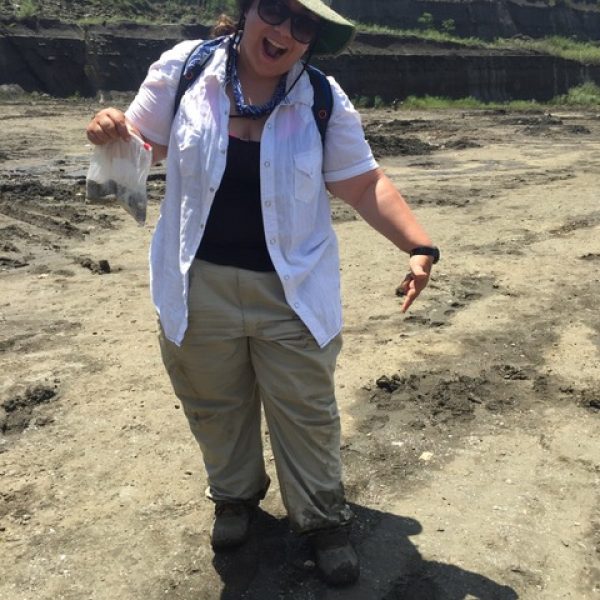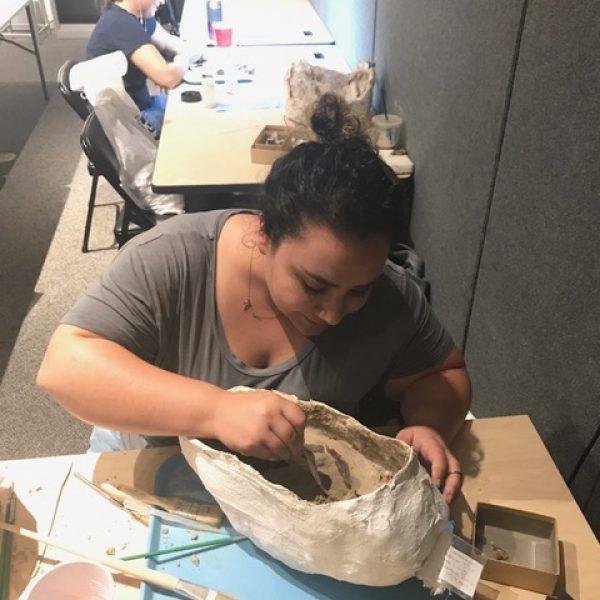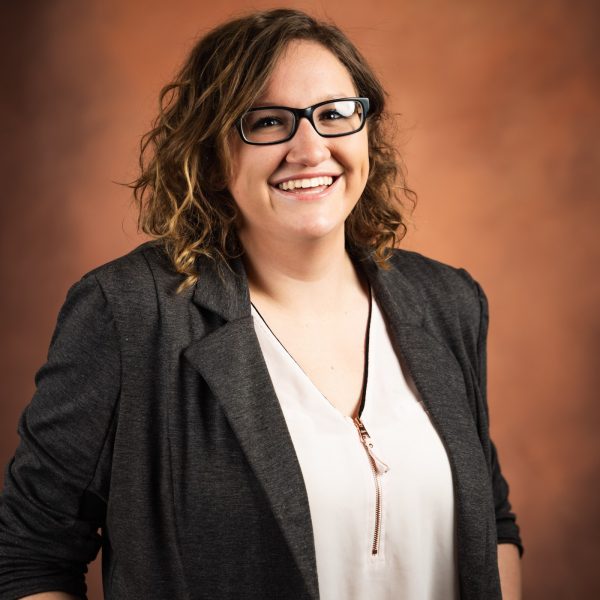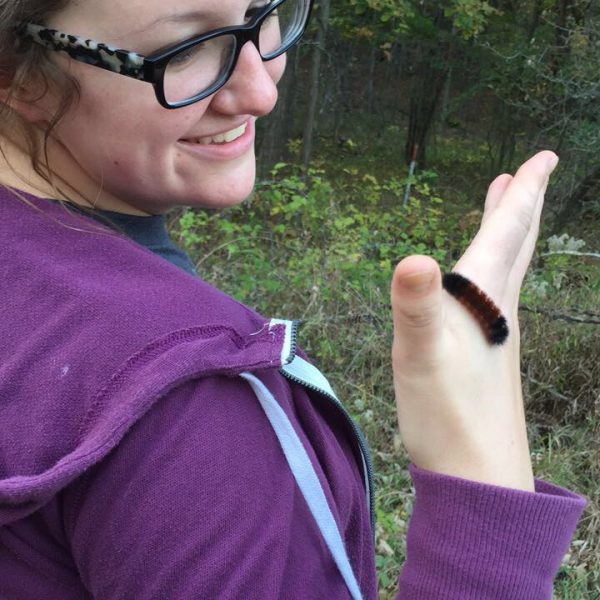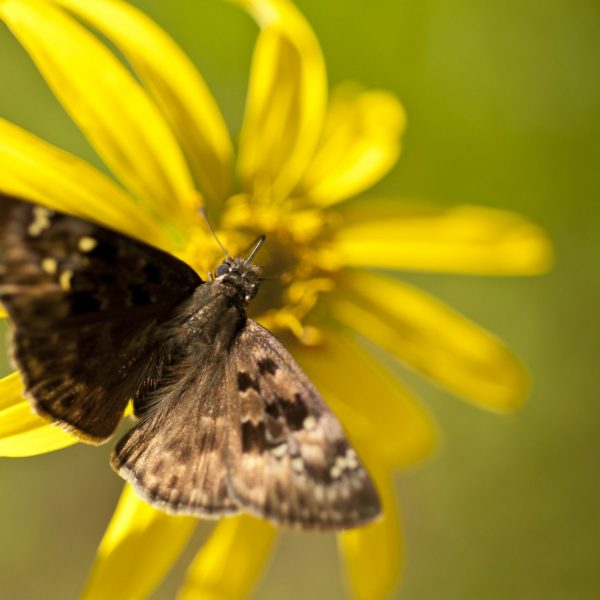Three Florida Museum of Natural History doctoral students have been awarded National Science Foundation Graduate Research Fellowships, a competitive funding opportunity that supports scientists in the early stages of their career.
The awardees are Shelly Gaynor of the museum’s Laboratory of Molecular Systematics and Evolutionary Genetics, Jeanette Pirlo of the Division of Vertebrate Paleontology and incoming doctoral student Lillian Hendrick, a Central Michigan University senior who will join the McGuire Center for Lepidoptera and Biodiversity this year.
NSF GRFs reward students who demonstrate distinctive approaches to research and show potential to become the next generation of experts in their fields.
“We’re very proud of the caliber of graduate students who come through the Florida Museum,” said Jonathan Bloch, chair of the department of natural history. “These are really the future leaders of science, and we’re grateful for the role we can play in training and mentoring them at the onset of their careers.”
Gaynor, Pirlo and Hendrick will each receive a three-year stipend of $34,000 and a $12,000 tuition allowance.
Shelly Gaynor
Gaynor is investigating polyploidy – how many times a genome is duplicated in a plant – and how it influences flowering plants’ evolution, ecology and species relationships. She focuses on the family Diapensiaceae, which is composed of only 18 species of herbs and short woody plants called “subshrubs.”
She also aims to help make research accessible to students of all abilities and promotes computer programming skills among young girls. She partners with another student to facilitate a “Girls Who Code” chapter at a local high school.
“Shelly is an amazing student,” said Gaynor’s adviser Pamela Soltis, University of Florida distinguished professor, curator at the Florida Museum and director of the UF Biodiversity Institute. “She is bright, inquisitive and can do just about anything she puts her mind to.”
Jeanette Pirlo
Pirlo’s work focuses on gomphotheres, ancient four-tusked relatives of elephants, from the Florida Museum-maintained Montbrook fossil site. Pirlo is interested in how gomphotheres migrated across eastern North America and the environmental conditions they would have experienced. Pirlo also plans to investigate the age ranges of the Montbrook gomphothere population and the factors that could have influenced these ranges.
“Jeanette’s innovative science that will advance understanding of gomphotheres combined with sophisticated education and outreach activities makes for a winning combination,” said Pirlo’s adviser Bruce MacFadden, UF distinguished professor and Florida Museum curator of vertebrate paleontology. “I’m very glad that she was chosen for this fellowship.”
Lillian Hendrick
Hendrick’s research focuses on how data from natural history collections can contribute to researchers’ understanding of the evolution and conservation of skipper butterflies. Her investigation will range from studying genetic diversity in skipper butterflies to modeling how their roles in various ecosystems have changed over time.
Hendrick is a member of Central Michigan’s honors program and a McNair Scholar. She has been conducting research since her first semester as an undergraduate and has published a paper with another graduate student at the Florida Museum from CMU, Michael Belitz.
“We’re so excited to support people of different backgrounds and she will be a great graduate student,” said Hendrick’s future adviser Akito Kawahara, associate curator of Lepidoptera at the McGuire Center. “She’ll be a very collaborative person to work alongside in the lab.”
Sources: Shelly Gaynor, michellegaynor@ufl.edu;
Jeanette Pirlo, jpirlo@flmnh.ufl.edu;
Lillian Hendrick, hendricklillian@gmail.com
Learn more about the Soltis Lab at the Florida Museum.
Learn more about Vertebrate Paleontology at the Florida Museum.
Learn more about the Kawahara Lab at the Florida Museum.
